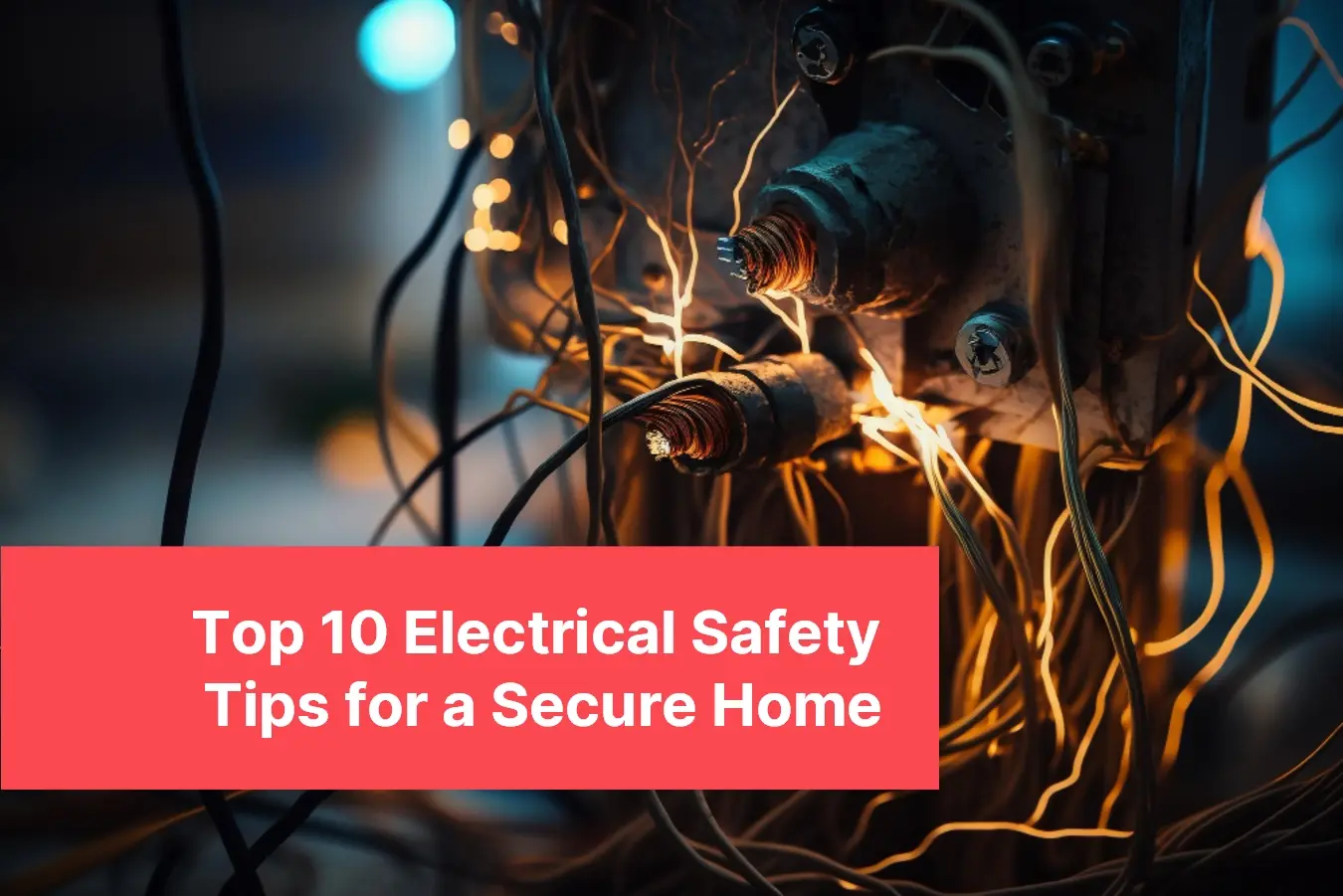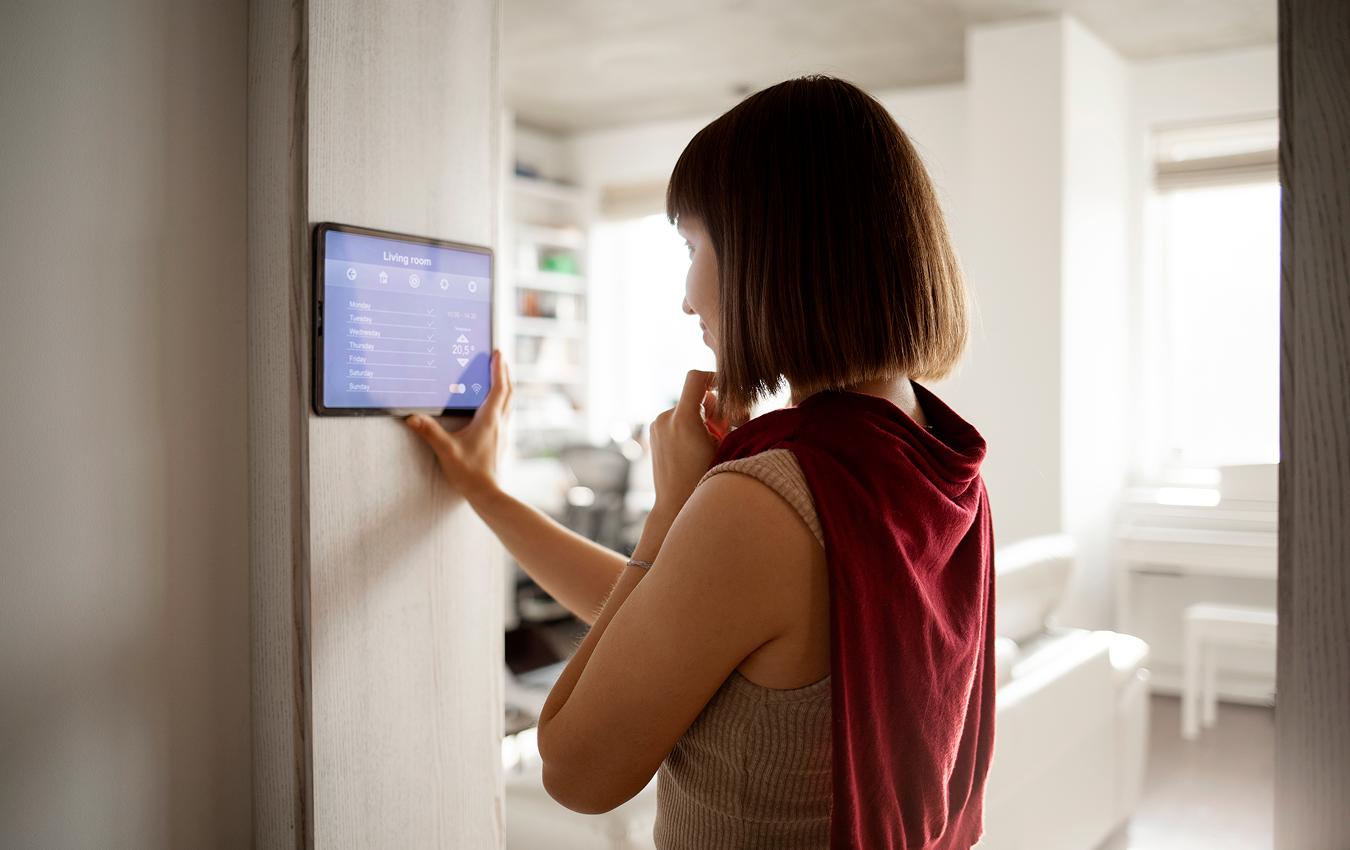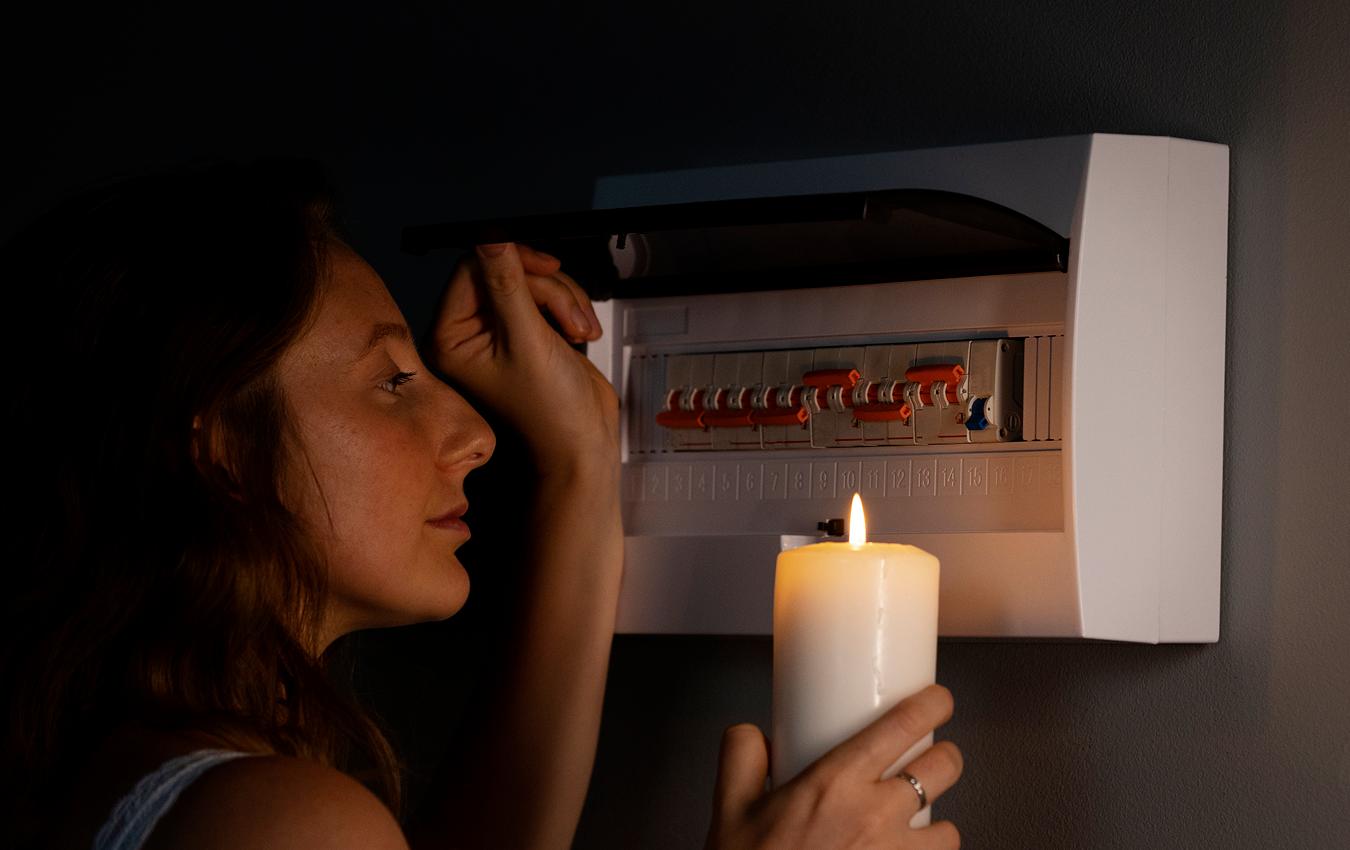Keeping your home safe and comfortable is a top priority, and when it comes to electrical safety, there’s no room for compromise. Electrical hazards can pose serious risks to your family’s health and safety, which is why it’s important to take preventative measures to safeguard your home. Whether you’re a homeowner or a renter, it’s crucial to be aware of the potential dangers that come with electrical appliances and systems. In this article, we’ll cover 10 must-know electrical safety tips that will help you maintain a secure and comfortable home. From checking your electrical outlets to avoiding overloading circuits, we’ll provide you with the knowledge and tools you need to keep your home safe from electrical hazards. So let’s dive in and explore these essential electrical safety tips that every homeowner should know!
Understanding the Hazards of Electricity
Electricity is a powerful force that we rely on every day to power our homes and lives. However, it’s important to remember that electricity can also be dangerous. Electrical hazards can cause fires, shocks, and even electrocution, which is why it’s crucial to be aware of the potential dangers. Some of the most common electrical hazards include:
- Faulty electrical systems
- Overloaded circuits
- Damaged electrical cords
- Water near electrical appliances or outlets
- Children playing with electrical items
It’s important to be aware of these hazards and take the necessary precautions to prevent accidents and injuries. In the next section, we’ll explore some essential electrical safety tips that every homeowner should know.
Do you need to check the security of the electrical network in the house?
Premier Electrical Services conducts routine home electrical safety inspections. If necessary, our licensed electricians will repair your home electrical network, electrical panel, and other home electrical services you need. Please, call 954-900-1696 or leave a request through the contact form!
Electrical Safety Statistics
Before we dive into the top 10 electrical safety tips for a secure and comfortable home, let’s take a look at some electrical safety statistics. According to the National Fire Protection Association (NFPA), electrical failures or malfunctions were the second leading cause of U.S. home fires in 2019, accounting for 13 percent of all reported home fires. Electrical fires were also responsible for 18 percent of home fire deaths and 20 percent of home fire injuries in 2019. These statistics highlight the importance of taking electrical safety seriously and implementing preventative measures to safeguard your home.
Top 10 Electrical Safety Tips for a Secure and Comfortable Home
Tip 1: Hire a licensed electrician
One of the most important electrical safety tips is to hire a licensed electrician for any electrical work in your home. A licensed electrician has the necessary training and experience to safely install or repair electrical systems and appliances. When hiring an electrician, be sure to check their credentials and ask for references to ensure that they are qualified and reputable.
Tip 2: Regularly check electrical cords and outlets
Damaged or frayed electrical cords and outlets can pose serious hazards, so it’s important to regularly check them for signs of wear and tear. If you notice any damage, replace the cord or outlet immediately. Avoid using any cords or outlets that are damaged or show signs of wear.
Tip 3: Use surge protectors
Surge protectors are essential for protecting your electrical devices from power surges and spikes. These devices can help prevent damage to your appliances and electronics and reduce the risk of electrical fires. Be sure to use surge protectors in areas where you have multiple devices plugged in, such as home offices or entertainment centers.
Tip 4: Install GFCIs in wet areas
Ground Fault Circuit Interrupters (GFCIs) are designed to protect against electrical shocks in wet areas, such as bathrooms, kitchens, and outdoor areas. GFCIs can detect electrical imbalances and shut off power if necessary, reducing the risk of electrocution. Be sure to install GFCIs in all wet areas of your home.
Tip 5: Keep electrical appliances away from water
Water and electricity don’t mix, so it’s important to keep electrical appliances away from water sources. Avoid using electrical devices near sinks, bathtubs, or other sources of water, and be sure to unplug them when not in use.
Tip 6: Don’t overload electrical circuits
Overloading electrical circuits can cause power outages, damage to appliances, and even electrical fires. Be sure to distribute your electrical load evenly and avoid using too many devices on one circuit. If you notice that your circuit breaker is tripping frequently, it may be a sign of overload, and you should consult a licensed electrician.
Tip 7: Use caution with extension cords
Extension cords should only be used as a temporary solution and should never be used as a permanent fixture in your home. If you need to use an extension cord, be sure to use a heavy-duty cord that is rated for your intended use. Avoid running cords under carpets or rugs, and never use damaged or frayed cords.
Tip 8: Install smoke detectors and CO alarms
Smoke detectors and carbon monoxide (CO) alarms can help protect your family from the dangers of fire and CO poisoning. Be sure to install smoke detectors on every level of your home and in every bedroom. Install CO alarms near sleeping areas and near appliances that produce CO, such as gas stoves or furnaces.
Tip 9: Teach children about electrical safety
Children are naturally curious and may be drawn to electrical outlets and devices. It’s important to teach them about electrical safety from a young age and to keep electrical items unreachable. Be sure to cover outlets with safety covers and don’t leave electrical devices plugged in and unattended.
Tip 10: Have an emergency plan
In the event of an electrical emergency, it’s important to have a plan in place. Make sure that everyone in your home knows what to do in case of a fire or other electrical hazard. Have a designated meeting place outside your home and practice your emergency plan regularly.
Conclusion: Stay Safe and Secure in Your Home with These Electrical Safety Tips
Electrical safety is an important aspect of maintaining a secure and comfortable home. By following these 10 essential electrical safety tips, you can help prevent accidents and injuries and protect your family from the dangers of electrical hazards. Remember to hire a licensed electrician for any electrical work, regularly check cords and outlets, use surge protectors, install GFCIs in wet areas, keep electrical appliances away from water, avoid overloading circuits, use caution with extension cords, install smoke detectors and CO alarms, teach children about electrical safety, and have an emergency plan in place. With these tips in mind, you can enjoy a safe and comfortable home for years to come.
Do not wait for a short circuit or fire to occur.
If you have an electrical problem in your home, call us immediately and arrange for our professional electrician to come and check your home electrical.
Please, call 954-900-1696 or leave a request through the contact form!
Check out the latest news:
- Commercial Energy Audit: Spotting the Sources of Energy Waste
- Protect Your Fort Lauderdale Home with Whole-House Surge Protection
- Power Outages in Fort Lauderdale: How to Protect Your Home
- Preparing for a Home Rewiring Project: A Checklist for Homeowners
- 5 Critical Signs You Need a Whole-House Surge Protector





